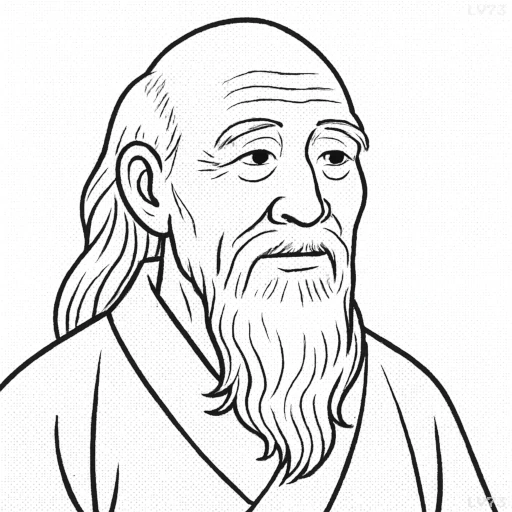“He who knows, does not speak. He who speaks, does not know.”

- 571 BC? – 470 BC?
- Born in China
- Philosopher
table of contents
Quote
“He who knows, does not speak. He who speaks, does not know.”
Explanation
This quote from Laozi speaks to the humility and depth of wisdom. Laozi suggests that those who possess true knowledge often do not feel the need to boast or explain it in words, because their understanding is so profound and all-encompassing that it does not require validation or outward expression. True wisdom is quiet and subtle, allowing the actions and presence of the wise person to speak louder than words. In contrast, those who are eager to speak about their knowledge often do so out of ego or insecurity, and in doing so, may be showing that they do not fully understand what they claim to know. Laozi’s teaching emphasizes that true understanding comes not from intellectual verbosity, but from deep inner knowing that transcends the need for words.
In modern life, this quote encourages active listening and humility. In conversations, true wisdom is often found in listening and observing rather than talking. The person who is truly knowledgeable may not need to dominate a conversation or prove their intellect; instead, they quietly contribute when necessary and allow others the space to express themselves. This concept can also be applied in leadership and teaching, where the most effective leaders often lead by example and provide guidance through their actions, not by asserting their superiority or knowledge in an overt way.
This principle also ties into the Daoist idea of wu wei—the concept of non-action or effortless action. In this context, it means that wisdom is about aligning with the natural flow of life, acting when necessary, but not forcing or controlling through excessive speech or intellectualization. Laozi’s wisdom teaches that those who are truly wise understand that the most profound truths are often beyond words—and that quietude, reflection, and simple action are often the most powerful ways to express understanding.
Would you like to share your impressions or related stories about this quote in the comments section?

